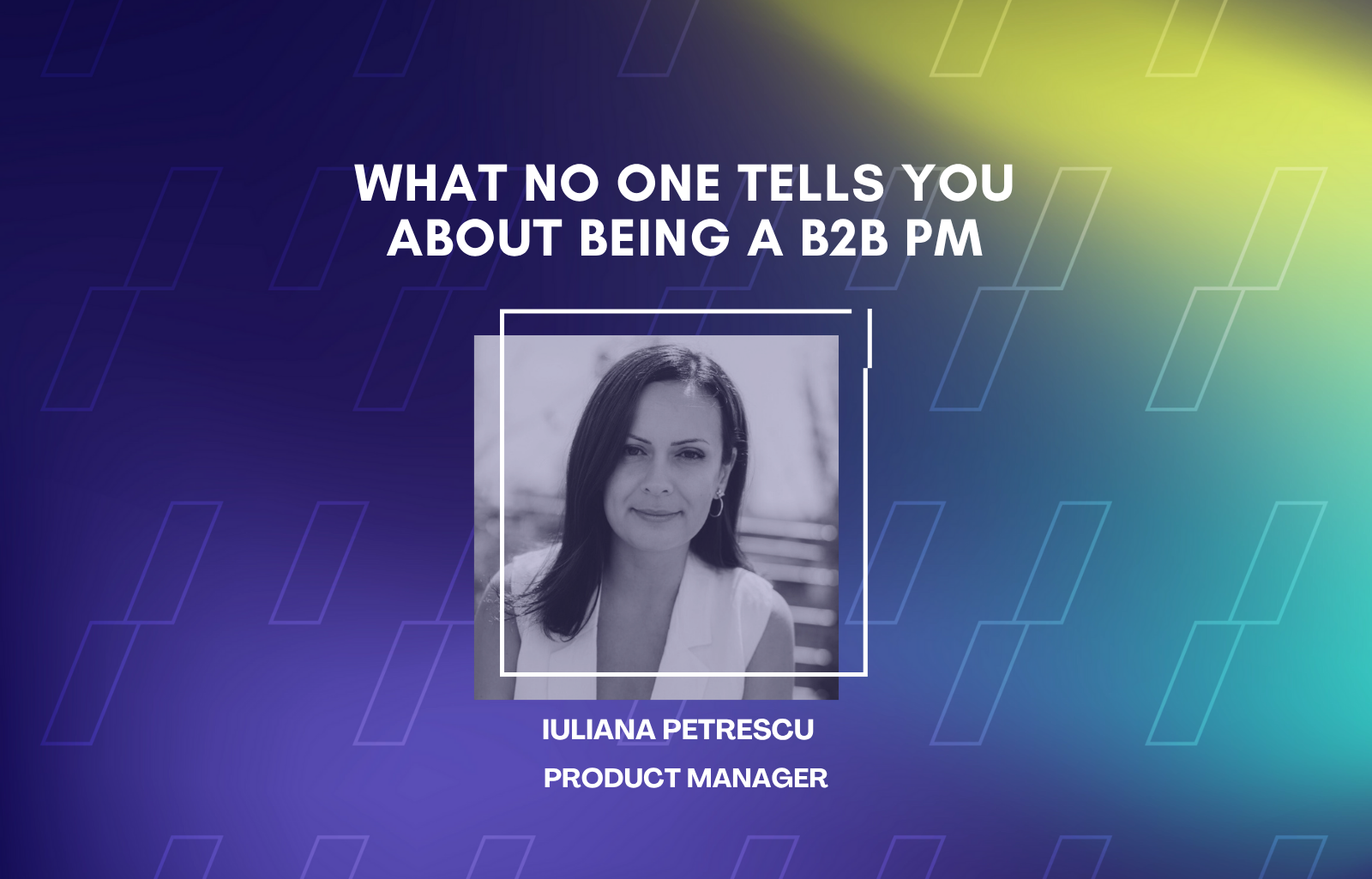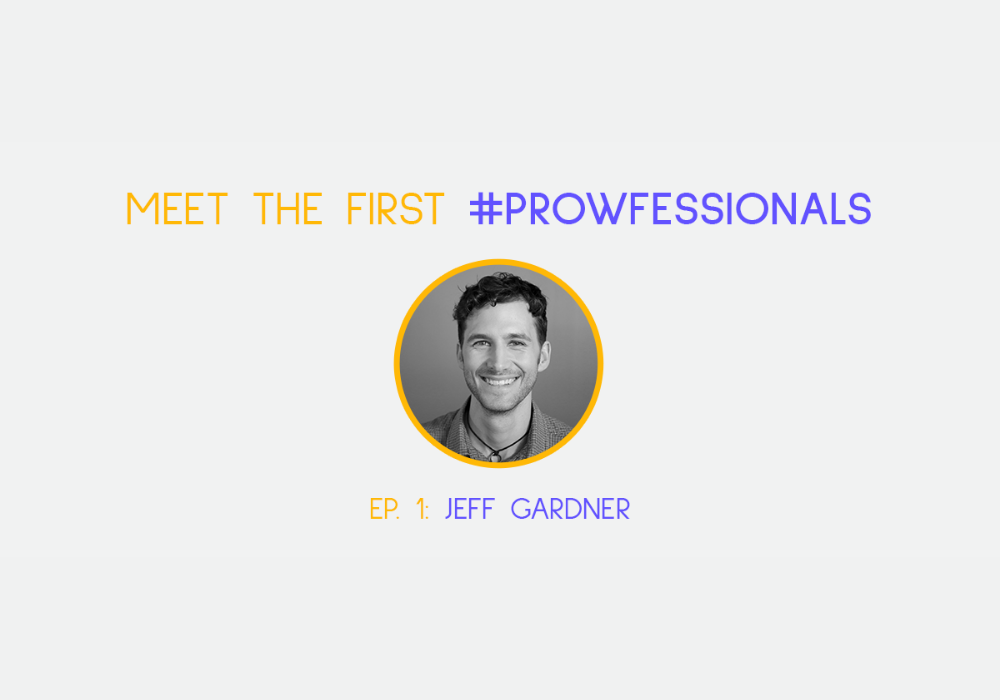At Prow, we aim to get in touch with product professionals and discover their journeys behind their great careers, the resources they are most fond of in developing new skills or perspectives and bits of knowledge they would like to pass to other curious minds.
The first edition, Prow 2020, features product troopers from all around the world, who will share a preview of their outlooks in dedicated interviews The first episode presents Jeff Gardner, Head of Customer Success at Graphy:
How would you describe your product mindset?
Extremely customer-focused. I firmly believe that if you’re focused on solving real customer pain points then you’re most likely moving your product in the right direction. Where this gets tricky is at the earliest stages of a company when you’re building something that, in many cases, customers don’t really know that they want or need yet. Customers can recognize that they have a problem but it’s not always clear how to solve that problem, and what other workflows or knock-on problems might arise as a result of solving their initial problem. Because of this, there just isn’t any real substitute for staying close to customers and listening carefully to what they have to say.
What’s your biggest win so far, as a product manager?
I’m not working full-time as a PM so the most important thing I’ve done was helping to convince our founders that it was time to hire our first PMs (which we’re interviewing for now – please apply if you’re interested!).
What’s an A-HA moment you had in your current role?
It’s a moment that I’ve had multiple times over the years with different products but it never ceases to amaze me how much of a barrier change aversion and switching costs are to new products. No matter what your product does, it’s critical that you find a way to show customers a “magic moment” in your product as quickly as possible. It’s those moments–more than almost anything else–that help customers overcome change aversion and get excited about your product.
If your best friend would want to start a career in product, what would you advise them?
I would advise them to start in customer support or sales, then move to product research, and finally to product management. All the best product managers I’ve ever worked with have been super empathetic, obsessed with deeply understanding the problem space before jumping to solutions, and very adept at articulating and navigating tradeoffs. These are skills that build on one another and form the basis for good product intuition.
Can you recommend a few go-to product resources?
The Intercom blog & podcast is a treasure trove of great material. I’m biased (since I spent nearly 8 years there) but I really believe that they have one of the most creative and principled product organizations in the world. And because they’ve been sharing so much throughout the years, you can always go back and find something for whatever stage your company is currently going through.
Another great resource, that’s broader and focused on the earliest stages, is the YC Startup Library. The success of a product is dependent on so many factors that are beyond just good design and solid engineering. Customers have to understand what it is that your product does and why they should care. Thinking about these topics early will really help you refine your roadmap and will help you better understand your product’s place in the market.
What’s your message to product people in Timisoara?
Two things: Location matters less than ever before and Community matters more than ever before.
This sounds paradoxical but hear me out. COVID-19 has pushed the world in the direction of remote working and accelerated the digital transition for nearly every business (including traditional brick and mortar businesses). Location just isn’t as much of a factor as it was even just 10 years ago – and we’re only at the very beginning of this transition and the demand for digital products is only going to increase over the coming years.
Community, on the other hand, is still a fundamental human need and represents an incredible catalyst for growth. At the individual company level with your specific customers, suppliers, and employees, nurturing a strong community almost invariably lead to better business outcomes. At the regional level, however, strong communities have the power vastly accelerate business growth for entire sectors. Silicon Valley exists because the early exits of the transistor companies created capital for the chip companies, whose exits created capital that fueled the software revolution. Every city & region on the planet now has the opportunity to build their own version of Silicon Valley but it requires coordinated effort to build resources and skills that support the future generations of companies.
Both of these facts ultimately benefit Timisoara – there is already a strong and growing community that now has even more of a digital transformation trail wind at its back. Keep supporting each other stay focused on the long-game!
…
Meet Jeff Gardner at
Prow 2020, on November 6, in Timisoara!

